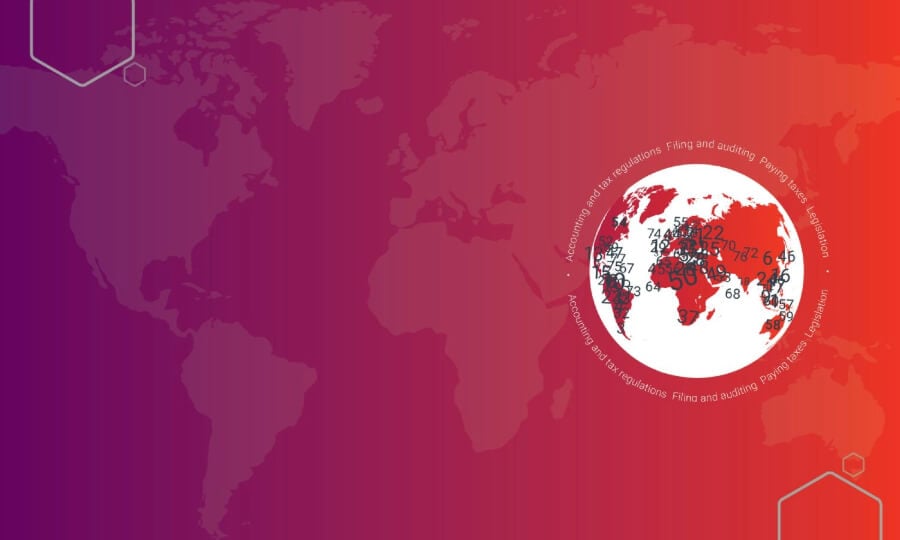Argentina named as most complex country for accounting and tax

Argentina is the world’s most complex jurisdiction for accountants and finance teams, according to Accounting & tax: The global and local complexities holding multinationals to account, a new report published by TMF Group.
The report, which analysed 77 jurisdictions worldwide, found the South American giant presented the biggest minefield for multinational companies when it comes to accounting and tax laws and practices. Among the reasons why are different tax rates depending on the company’s country of origin; company directors being held personally liable for tax compliance, and the provision that accounting records cannot be maintained abroad and instead must follow a format prescribed by the local authorities.
After Argentina, the next most complex countries for accounting and tax are Bolivia, Greece, Brazil and Turkey. All five are linked by frequent – and rapidly enforced – changes of legislation; changes which can often lack clarity and be difficult to understand.
By contrast, the simplest places were judged to be the British Virgin Islands, followed by Denmark, Curacao, Switzerland and Hong Kong, with many seen as taking more of a partnership approach around enforcing tax compliance – rather than a liability-and-penalties approach – and having user-friendly online portals to submit any reports, invoices and payments through as well as being seen as ‘low tax’ or ‘tax neutral’ economies, in the case of Curacao and the British Virgin Islands.
Among some of the global trends highlighted in this year’s report are:
- E-filing and e-reporting technology is advancing quickly, with the COVID-19 pandemic speeding up adoption rates in some jurisdictions. That said, adoption varies considerably from one region to the next. In South America, 70% of jurisdictions have made electronic transaction reporting mandatory, compared to 15% in APAC.
- Alignment to international accounting standards is strongest in North and South America – with 50% of jurisdictions subscribing to International Financial Reporting Standards (IFRS). While in APAC and EMEA, local Generally Accepted Accounting Principles (GAAP) are in place in 71% and 44% of places respectively.
- Governments are taking a more flexible approach to tax audits and filing, particularly in APAC. Companies can extend tax/statutory filings deadlines in 50% of places across the region, and in 43% of places businesses can postpone the start of a tax audit, compared to just 10% of places in South America, for both those criteria.
- Authorities continue to face challenges around managing tax revenues as economies become increasingly globalised and capital flows unconstrained by borders – with multinational digital service providers a particular focus. Many jurisdictions have introduced digital services taxes and profit allocation, ensuring taxes are paid in the country where value is created and preventing companies from moving profits to other jurisdictions. The UK, France, Austria, Italy and Turkey are among those that have already introduced such taxes.
Emine Constantin, TMF Group’s Global Solutions Director, Accounting and Tax, said: “The world’s accounting and tax frameworks are the product of a complex relationship between countries and businesses. As the world globalises more, firms operate in a more borderless way – but this creates issues that individual countries must resolve, creating friction and slowing the overall process down. The best companies and the best countries therefore work as partners together, with an open, transparent and collaborative way of fulfilling their obligations and succeeding in their aims.”
Media Contacts
Marina Llibre Martin, Global PR Manager
marina.llibremartin@tmf-group.com



